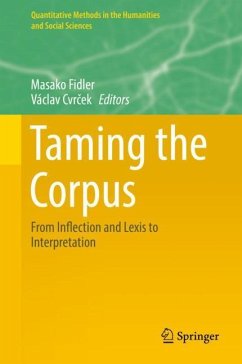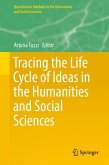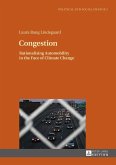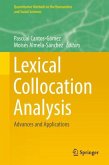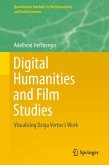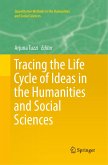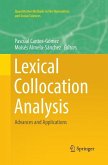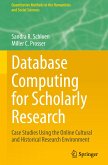This book bridges the current quantitative and qualitative text analyses, using grammar as a crucial source of investigation. Taking data from Czech, an inflected language, in which the most optimal conditions to respond to this research question are met, the book expands the understanding of language and text in ways that have not been executed before. For predominantly English-based quantitative research, this volume fills a crucial gap by examining the relationship between inflection and other phenomena (including discourse, translation and literature). For the current qualitative research, the volume provides large empirical data to confirm some of its claims, but more importantly, it demonstrates the important role of detailed grammatical concepts that have not been considered before. Besides addressing fundamental questions about text analysis methods, the volume presents a diverse array of Czech data that are unique in their own right and worthy of dissemination to thegeneral audience.
Taming the Corpus: From Inflection and Lexis to Interpretation is divided into three sections. Section 1 deals with phonotactics, poetic structure, morphological complexity used to differentiate literary style, and native speakers' sense of grammaticality - issues pertinent to linguistic typology, cognition and language, and literary studies. Section 2 focuses on inter-language relations, especially the theory of translation. Section 3 demonstrates how quantitative analysis of texts can contribute to our understanding of society and connects the volume to legal language, construction of gender and discourse position and implicit ideology.
Taming the Corpus: From Inflection and Lexis to Interpretation is divided into three sections. Section 1 deals with phonotactics, poetic structure, morphological complexity used to differentiate literary style, and native speakers' sense of grammaticality - issues pertinent to linguistic typology, cognition and language, and literary studies. Section 2 focuses on inter-language relations, especially the theory of translation. Section 3 demonstrates how quantitative analysis of texts can contribute to our understanding of society and connects the volume to legal language, construction of gender and discourse position and implicit ideology.

